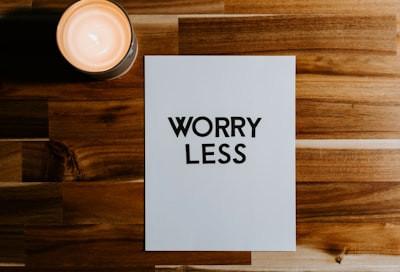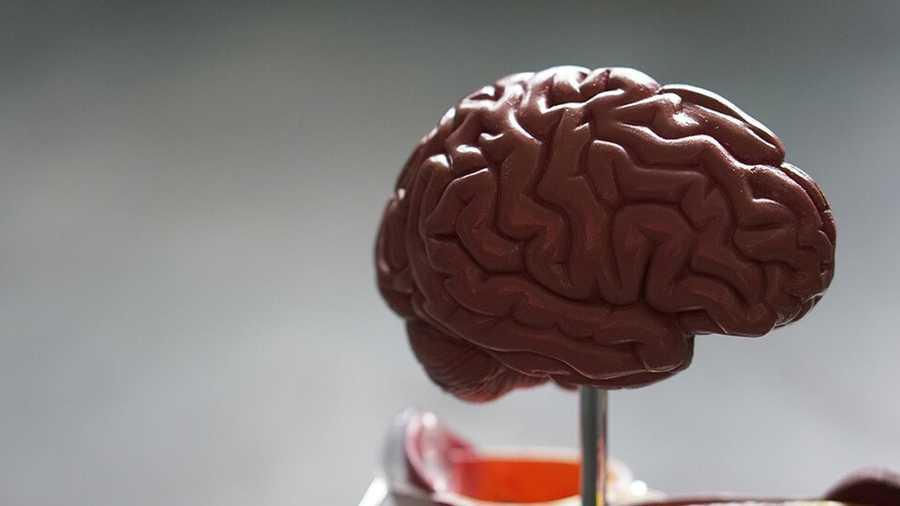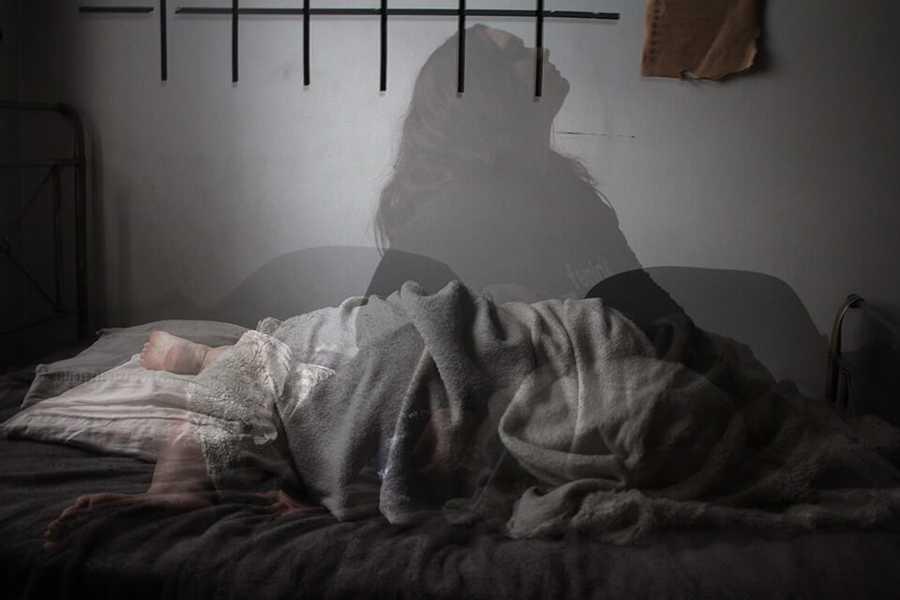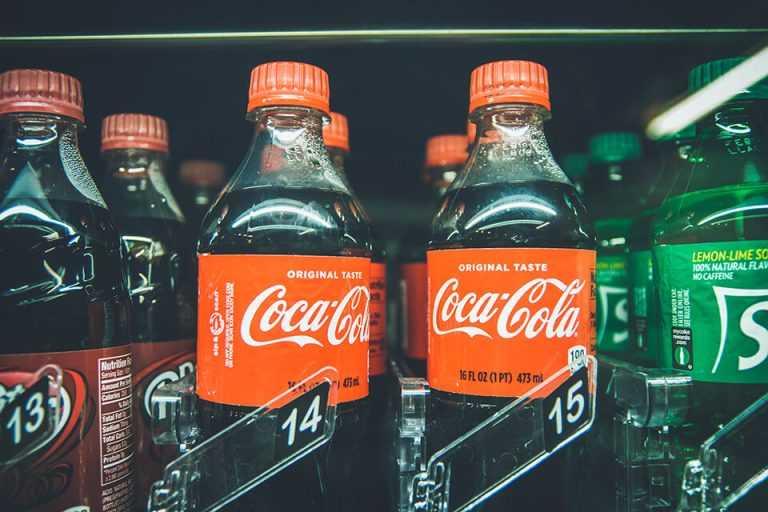Explore the World's Best Ideas
Join today and uncover 100+ curated journeys from 50+ topics. Unlock access to our mobile app with extensive features.
Correlation between caffeine and anxiety
Studies pointed out that individuals who regularly consume caffeine have a greater tendency to be anxious. Caffeine can contribute to panic attacks, even if nothing is explicitly triggering the anxiety.
Individuals suffering from anxiety often attempt to switch to a milder caffeine option such as tea or avoid caffeine altogether.
19
380 reads
Caffeine raises your stress hormones
Caffeine increases stress because it raises blood pressure, causes heart palpitations, and increase stress hormones.
When you drink caffeine, especially if you can't function without it, it enters your brain and affects your stress hormones. In addition, when it is consumed in large quantities, your cortisol levels will be negatively affected.
18
318 reads
Caffeine impacts neurotransmitter balance
Caffeine makes you feel alert because it blocks adenosine - a neurotransmitter that activates drowsiness and exhaustion. That is why caffeine often feels like a quick fix.
However, caffeine can cause serotonin depletion in the long run. When serotonin is low, there is a risk of mental health problems such as anxiety and depression.
21
268 reads
Caffeine causes insomnia
Caffeine can cause insomnia, particularly when consumed in the evening.
Instead of getting high-quality sleep, your sleep is disturbed. If you're someone prone to overthinking and anxiety, insomnia can cause a negative spiral in your thoughts and prevent you from having restorative sleep.
16
219 reads
Caffeine causes sensitivity
Some people can sleep after caffeine intake, while other individuals with anxiety can become caffeine sensitive. That is why they feel palpitations, restlessness, and jitters.
People can become caffeine sensitive because of their genes, metabolism, age, lifestyle, or medications that don't mix well with caffeine.
15
230 reads
It's easy to over-consume caffeine
Caffeine is no longer only found in coffee and tea. Caffeine can be found in sodas, coffee, tea, energy drinks, prescription drugs, painkillers, vitamins, and supplements.
A 1/4 tablespoon of caffeine can cause acute anxiety, so if you're sensitive to caffeine, it will likely affect you. One tablespoon of caffeine is enough to kill an adult.
19
224 reads
Caffeine reduces nutrients to your brain
Caffeine deprives your brain of nutrients that impact your mood and brain functions, such as Magnesium and Vitamin B. Magnesium plays a role in anxiety and depression, and Vitamin B is known as the anti-stress vitamin.
Anxiety causes reduced blood flow to your brain, and caffeine worsens it. That means that your brain gets fewer nutrients such as oxygen and water.
19
193 reads
Caffeine withdrawal
Caffeine withdrawal can cause anxiety. Anxiety is common in those who choose to quit drinking caffeine or even gradually reducing their caffeine intake.
This is more true for those who depend on caffeine to function, such as a morning cup of coffee. Withdrawal symptoms can last for a week or two.
17
186 reads
Added caffeine is dangerous
Not all caffeine is natural, such as caffeine found in sodas and energy drinks.
Added caffeine is made synthetically and can damage your health worse than natural caffeine. Synthetic or added caffeine is also found in painkillers and prescription drugs, making it easier to overdose on.
17
226 reads
IDEAS CURATED BY
Sebastian 's ideas are part of this journey:
Learn more about psychology with this collection
Seeking support from others
Identifying the symptoms of burnout
Learning to say no
Related collections
Similar ideas
9 ideas
Simple Ways to Relieve Stress and Anxiety
healthline.com
15 ideas
4 ideas
What You Need to Know About L-theanine
psychologytoday.com
Read & Learn
20x Faster
without
deepstash
with
deepstash
with
deepstash
Personalized microlearning
—
100+ Learning Journeys
—
Access to 200,000+ ideas
—
Access to the mobile app
—
Unlimited idea saving
—
—
Unlimited history
—
—
Unlimited listening to ideas
—
—
Downloading & offline access
—
—
Supercharge your mind with one idea per day
Enter your email and spend 1 minute every day to learn something new.
I agree to receive email updates



